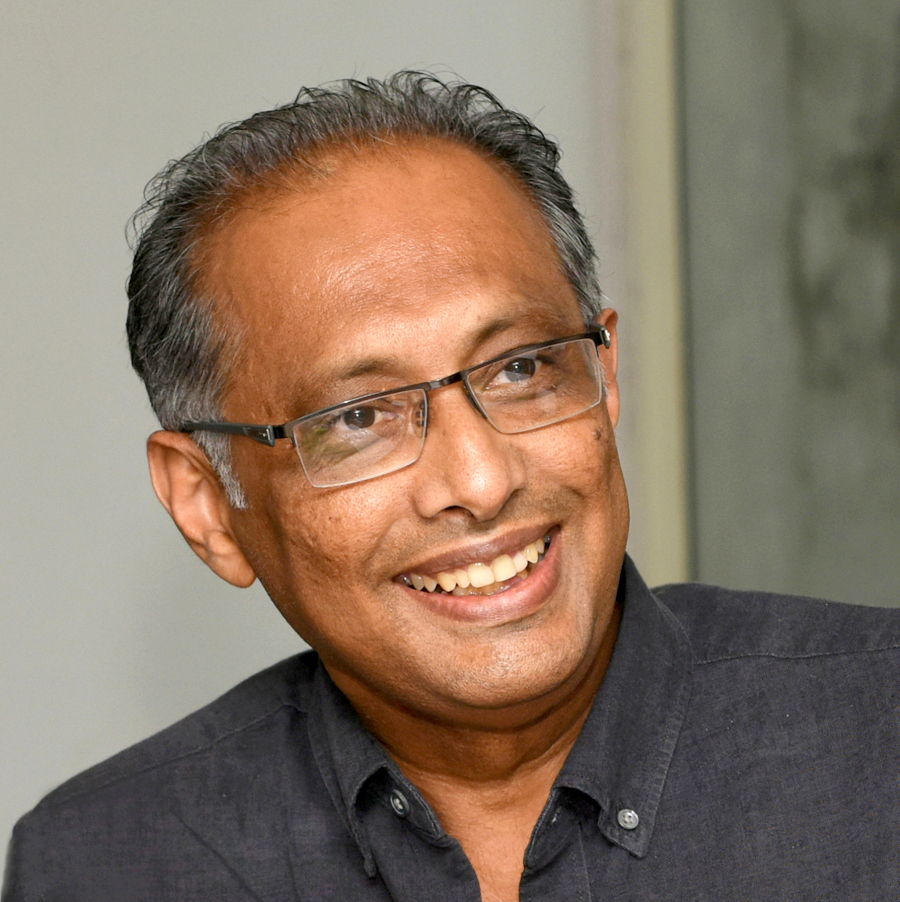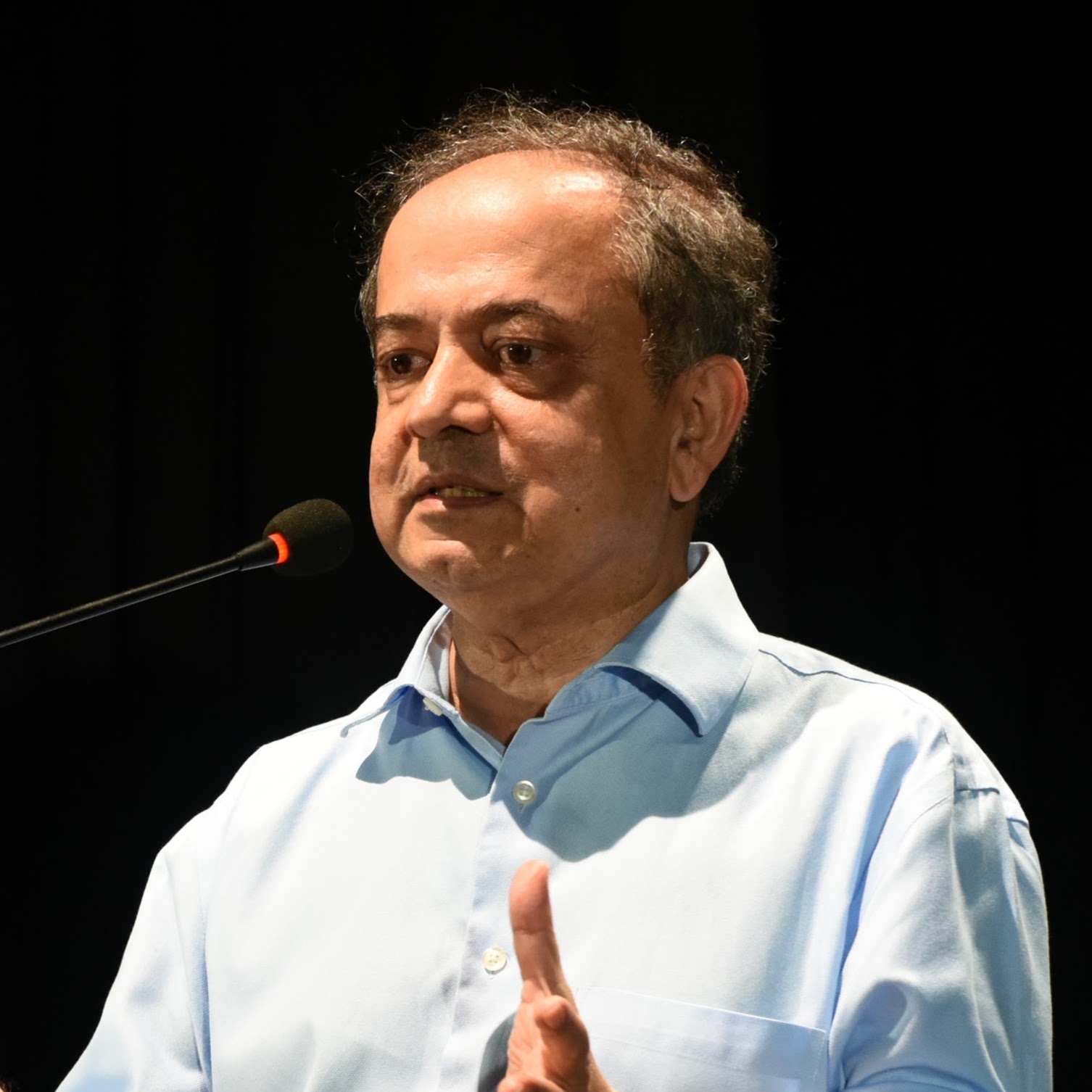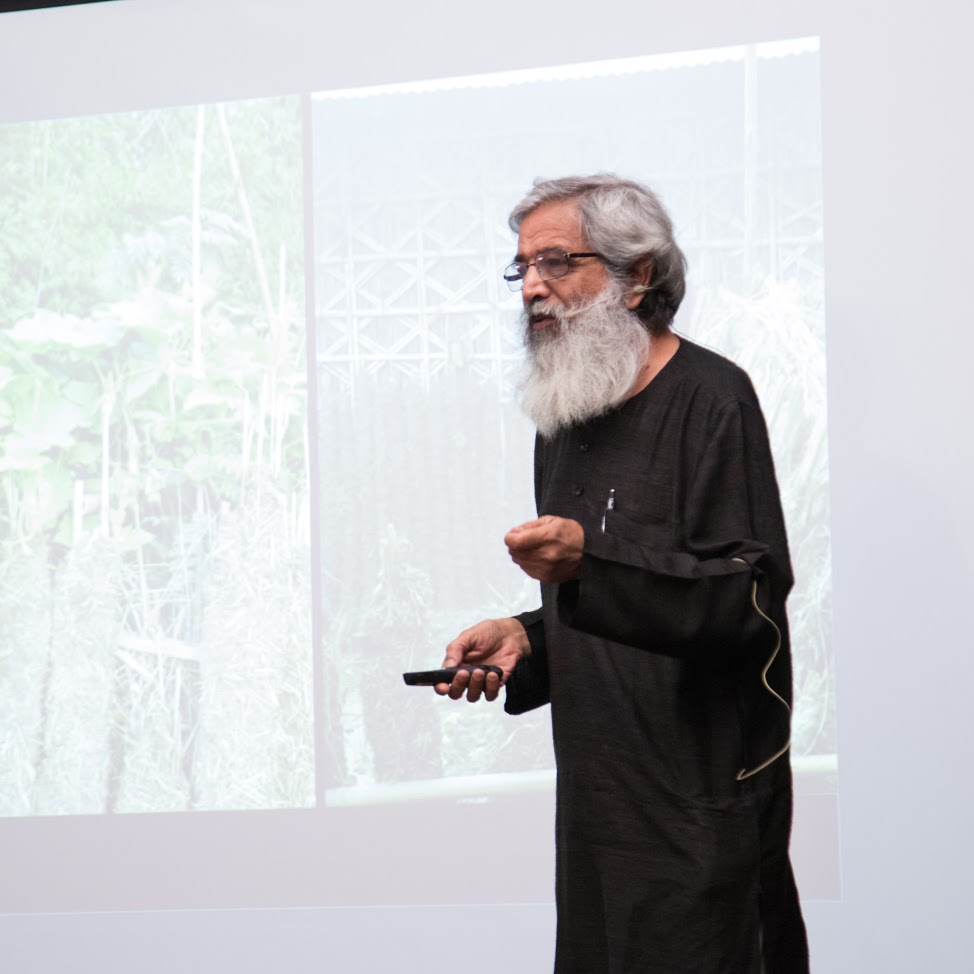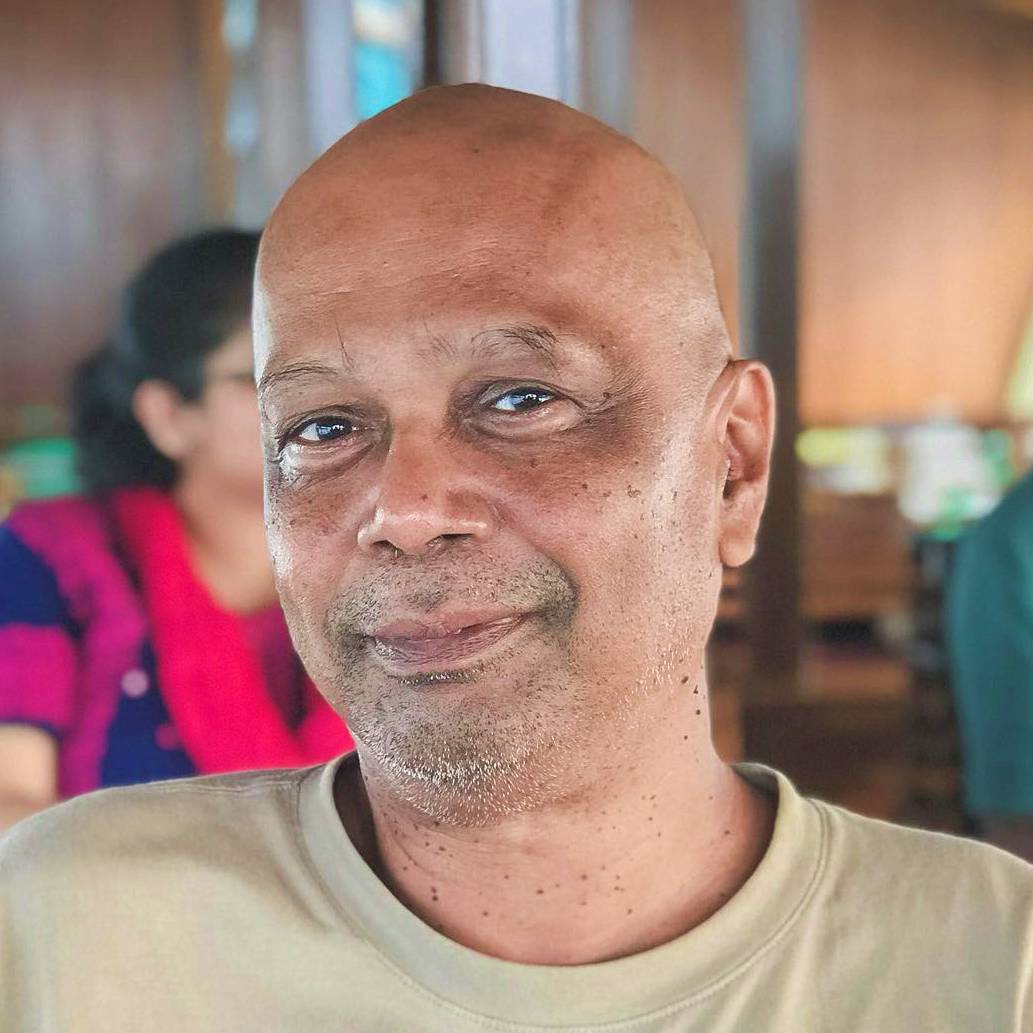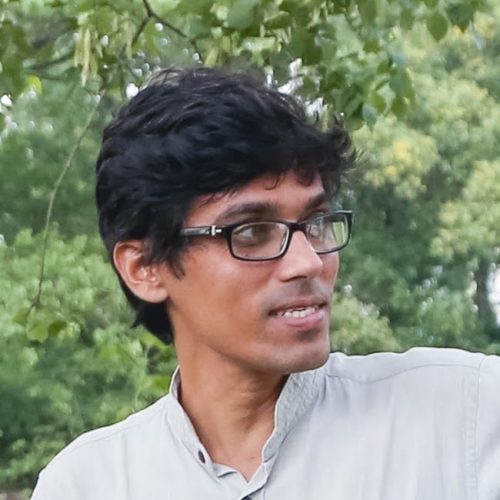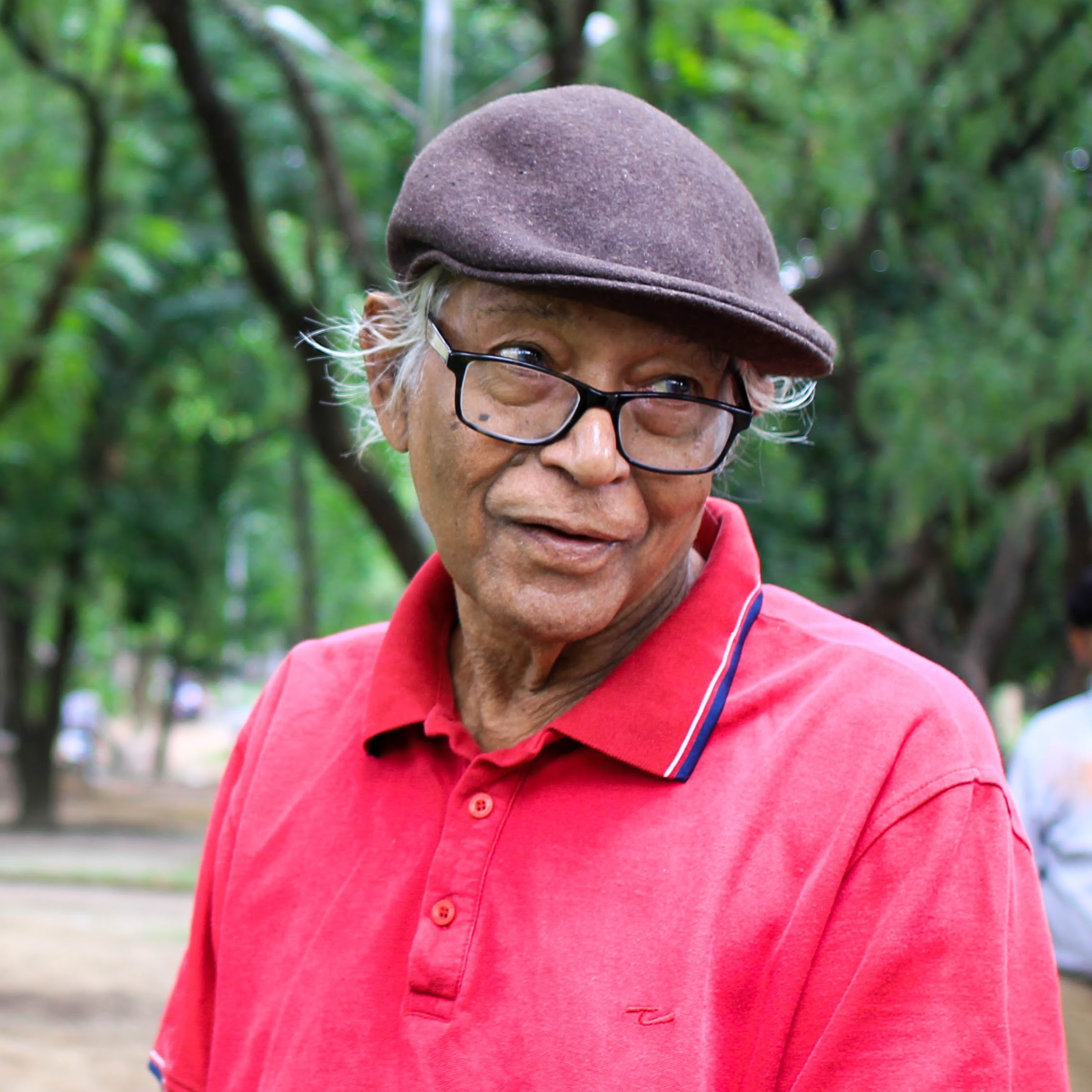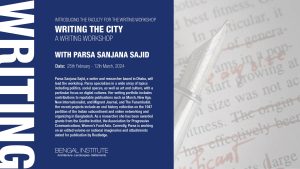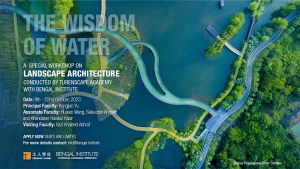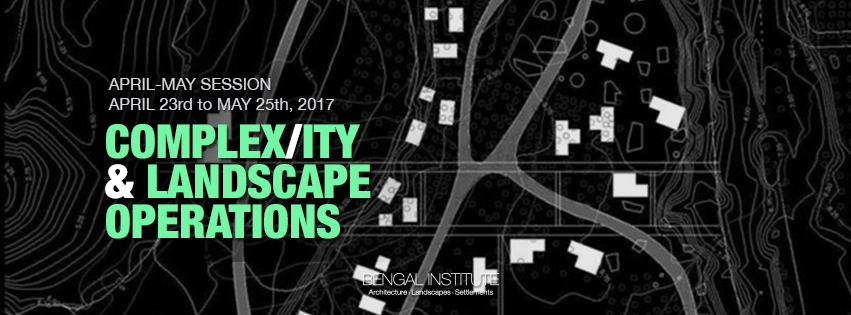
Spring 2017: April - May Session: Complex/ity & Landscape Operations
Sun 23 Apr - Thu 25 May' 17
April-May Session invited architects and thinkers to present their thoughts and works on the making of complexes from both rural and urban situations.
Considering that housing is the fabric of the city, and the spatial manifestation of a community, it is important to consider and investigate how buildings and spaces are grouped and form complexes. The formation of “complexes” is far more critical to the design of communities and their well-being than attention on individual buildings and objects. Complexes are also social modules for settlements at the level of cities, towns and villages. April-May Session invited architects and thinkers to present their thoughts and works on the making of complexes from both rural and urban situations.
April-May Session presented seminars, design workshops and forums that addressed various scales of landscape operations, from water urbanism and climate induced environmental adaptations to botanical awareness and landscape rearrangements. Session included following highlights: In-depth theoretical lectures on the variation from object-making to complex configurations by India’s renowned architectural teacher Neelkanth Chhaya, seminar lectures on the categories and implications of complexes by Kazi Khaleed Ashraf, lectures on the agricultural basis of our habitations by well known rice scientist Abed Chaudhury, lectures on plants and landscapes by eminent botanist Dwijen Sharma, and lectures/workshops by leading architects on their work on creating complexes. Session also included an on-site stay and workshop with Khandaker Hasibul Kabir and Marina Tabassum in Hakimpur area in Jessore. Ivan Valin and Dorothy Tang conducted a week-long workshop on landscape design.
Faculty
Past Program
Publication
